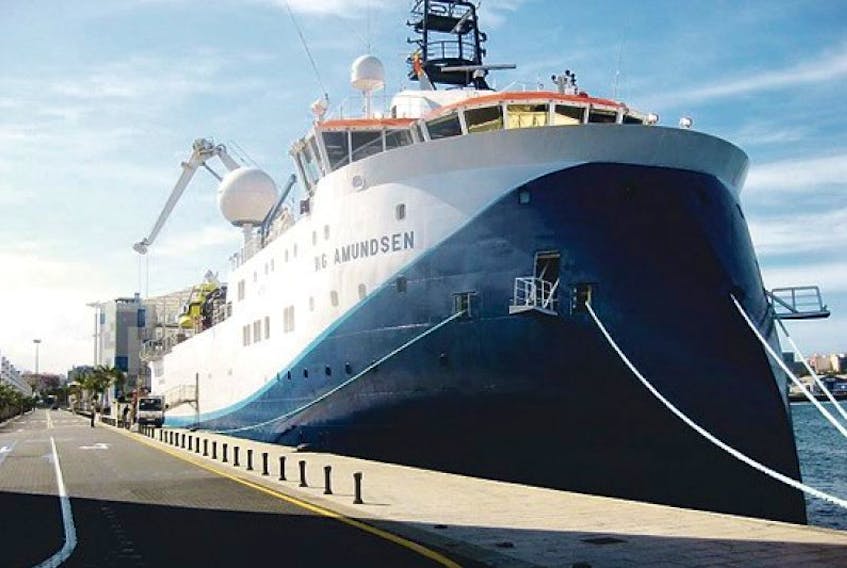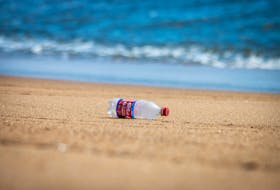The Jan. 16 recent editorial in The Telegram raised some concerns about the impact seismic surveys have on marine zooplankton, citing a study originally published in June 2017 in Nature: Ecology and Evolution.
Atlantic Canada’s offshore seismic activity is conducted safely, with careful planning and oversight. Any seismic survey plan approved establishes environmental protection conditions for every survey conducted, something which all operators adhere to for environmental safety and in accordance with regulations.
As well, seismic operators also follow the federal Department of Fisheries and Oceans’ (DFO) science-based, “Statement of Canadian Practice with Respect to the Mitigation of Seismic Sound in the Marine Environment,” which outlines requirements and mitigation measures that must be met during the planning and conduct of marine seismic surveys. Among the recommended measures are exclusion zones of at least 500 metres, minimizing the unnecessary introduction of sound, designing surveys that use the minimum energy needed and minimize high-frequency sound, and using a soft-start procedure that gradually builds the sound level.
According to the International Association of Geophysical Contractors — after more than 50 years of seismic surveying worldwide and more than a decade of intense scrutiny by scientists — there is no scientific evidence to date that suggests the sound from seismic operations negatively affects the marine life population.
There are significant issues with the design of the study published in Nature: Ecology and Evolution, including small sample sizes, the variability in baseline and experimental data and speculative conclusions. The study has not been widely accepted by the scientific community.
The international seismic industry is reaching out to experts in this field to determine the best path forward to provide more scientifically solid and consistent results that can be replicated and verified by other researchers.
Canada’s oil and natural gas industry is safe and environmentally responsible, and provides widespread benefits across the country. The industry strives to minimize environmental impacts and operates with a mindset of continuous improvement.
Paul Barnes, Director of Atlantic Canada and Arctic
Canadian Association of Petroleum Producers
Related story:









